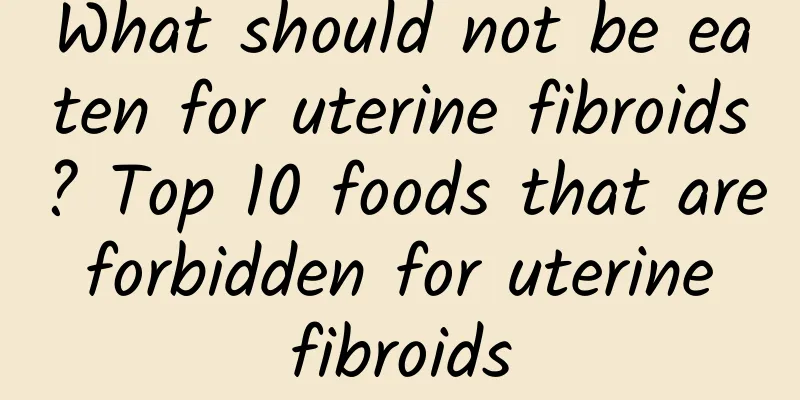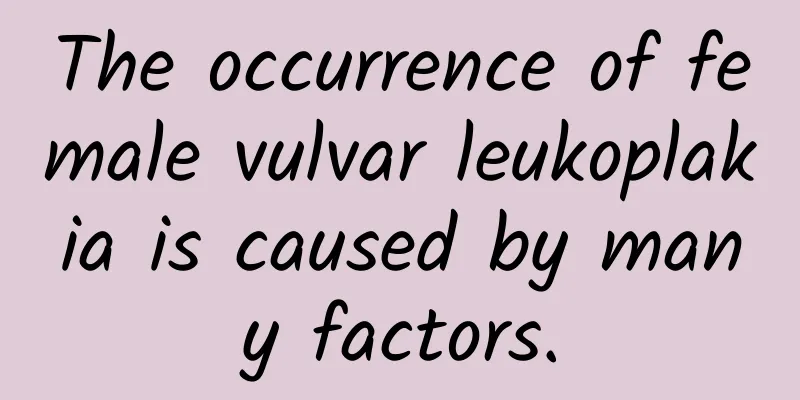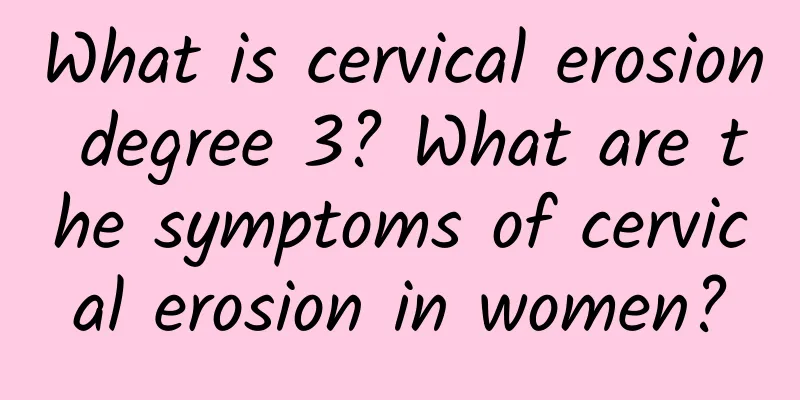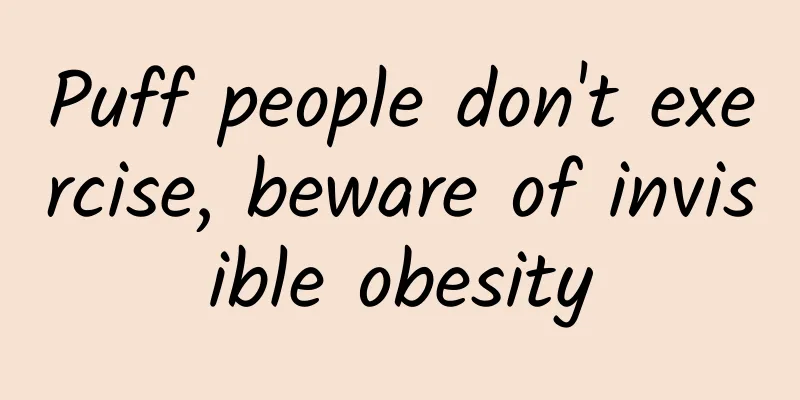What should not be eaten for uterine fibroids? Top 10 foods that are forbidden for uterine fibroids

|
What can't you eat if you have uterine fibroids? Uterine fibroids are a common gynecological disease that occurs in the female reproductive system, specifically the ectopic growth of muscles in the uterus. For patients with uterine fibroids, eating habits play a key role. So, what foods should patients with uterine fibroids not eat? Here are the top 10 foods that are taboo for patients with uterine fibroids. First of all, foods rich in estrogen are one of the taboos for patients with uterine fibroids. Estrogen can stimulate the growth of uterine fibroids and increase the severity of symptoms. Therefore, patients should try to avoid consuming foods containing a large amount of estrogen, including soy products, milk, animal offal, etc. Secondly, high-fat foods are also the type of food that patients with uterine fibroids should stay away from. Excessive fat intake will lead to increased estrogen levels in the body, thereby stimulating the growth of uterine fibroids. Patients should try to reduce the intake of high-fat foods such as pork, beef, and egg yolks. Third, irritating foods should also be avoided. Spicy foods, alcohol, caffeine, etc. will increase the degree of pain and discomfort in patients with uterine fibroids, so patients should try to eat less or completely avoid these foods. In addition, foods with high salt content are also foods that patients with uterine fibroids should stay away from. Excessive intake of salt will lead to water and sodium retention, which will increase the size of uterine fibroids. Therefore, patients should try to control their salt intake in their diet and avoid eating overly salty foods. In the field of popular science, we need to know more about the dietary taboos for uterine fibroids. What patients with uterine fibroids cannot eat is not just the foods mentioned above, there are also some other foods that patients need to stay away from. For example, high-sugar foods and processed foods should be consumed as little as possible, because a large amount of sugar will lead to increased insulin secretion, which in turn stimulates the growth of fibroids. In addition, too many processed foods contain artificial additives and preservatives that are harmful to uterine fibroids and should be avoided as much as possible. In short, dietary conditioning is crucial for patients with uterine fibroids. In order to control the progression of the disease, patients should avoid consuming foods rich in estrogen, high-fat foods, irritating foods, and high-salt foods. At the same time, the intake of high-sugar foods and processed foods should be minimized. Through reasonable dietary control, patients can effectively alleviate symptoms, relieve pain, and reduce the growth rate of uterine fibroids. In daily life, patients need to combine the doctor's advice to develop a diet plan that suits them, maintain a healthy lifestyle, and improve the quality of life. |
<<: What are the symptoms of uterine fibroids in women? The harm of uterine fibroids in women
Recommend
How to diagnose cervical warts with a higher accuracy rate
Cervical warts are a common sexually transmitted ...
Can right ovarian polycystic disease be cured?
Right ovarian polycystic disease is now common in...
Korean oysters are contaminated. Health Department: Currently conducting batch-by-batch inspections
The U.S. Food and Drug Administration (FDA) annou...
What causes irregular menstruation? Check out the seven reasons for irregular menstruation
Irregular menstruation is a common condition for ...
Secret recipe for quick weight loss! Jennifer Aniston eating pureed vegetables
Recently in the popular Hollywood comedy "Mc...
miserable! Diarrhea caused by eating bread turns out to be gluten allergy
Eating bread and noodles causes diarrhea and itch...
Early and late symptoms of bacterial vaginosis
Perhaps many women think that bacterial vaginosis...
Do you know what causes cervical hypertrophy?
Speaking of cervical hypertrophy, the literal mea...
Various typical ovarian cyst symptoms are what women should know
Gynecological diseases have always been a problem...
Experts analyze the causes of acute pelvic inflammatory disease
The cause of acute pelvic inflammatory disease is...
Diagnostic Basis of True and False Cervical Erosion
The diagnosis of cervical erosion is not only to ...
How many days do you need to rest after abortion?
After the abortion, women need to rest for 7-14 d...
The specific cause of cervical erosion
Among gynecological diseases, cervical erosion is...
Can endometritis cause menstrual irregularities?
Endometritis may cause menstrual irregularities, ...
How to deal with the recurrence of vulvar itching in women
How to effectively prevent the recurrence of vulv...









